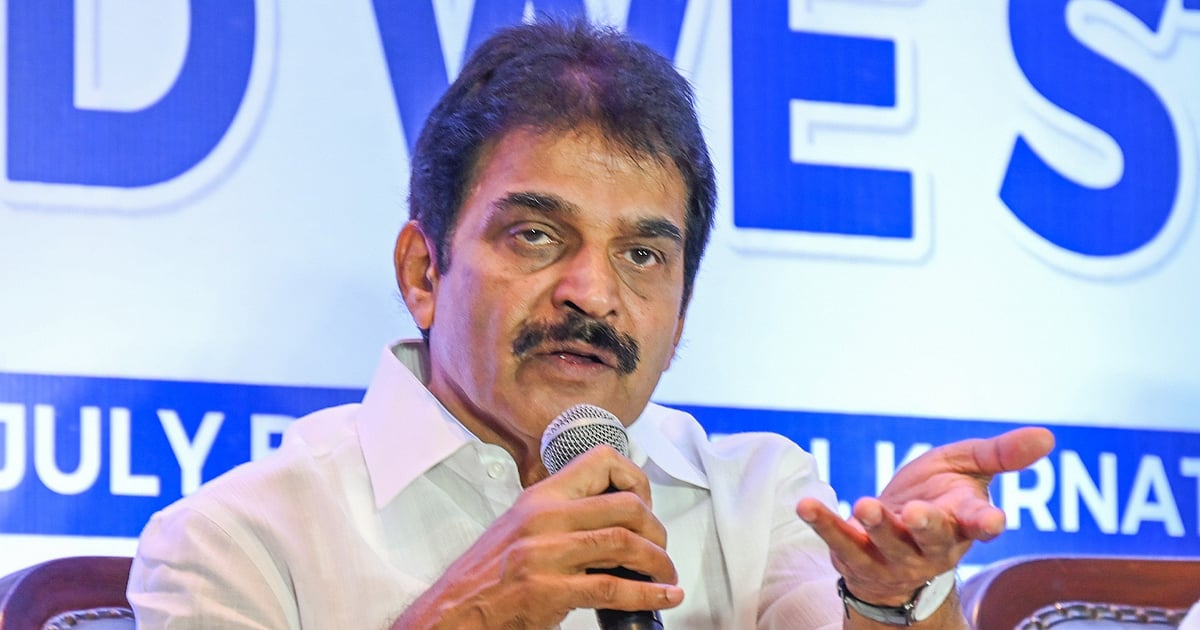 |
|
The recent controversy surrounding the proposed Manmohan Singh memorial has ignited a political firestorm in India. The Congress party, a major opposition force, has leveled accusations against the central government, alleging a 'hidden agenda' behind the memorial's planning and execution. This accusation is not solely the purview of the Congress; the Shiromani Akali Dal, another significant political party, has echoed these sentiments, further intensifying the criticism directed at the Union government. The lack of transparency and apparent haste surrounding the project have fueled suspicions and deepened the political divide. The specifics of the alleged 'hidden agenda' remain unclear, but the accusations themselves speak volumes about the deep-seated distrust between the ruling party and its opposition.
The controversy extends beyond mere political maneuvering. The memorial, intended to honor the legacy of former Prime Minister Manmohan Singh, a figure of considerable stature in Indian politics and economics, has become a battleground for contesting narratives about his time in office and the broader trajectory of the nation. Critics argue that the government's handling of the project suggests an attempt to control or diminish Singh's historical impact, possibly by downplaying his contributions or shaping the narrative to align with the ruling party's ideology. The opposition sees this as a cynical attempt to rewrite history and silence dissenting voices. This perception is further reinforced by the perceived lack of consultation with those who knew Singh best and those who are most familiar with his achievements.
The political implications of this controversy are significant. The accusations of a 'hidden agenda' have the potential to further polarize an already divided nation. The controversy risks overshadowing the intended purpose of the memorial—to honor the legacy of a former Prime Minister—and turning it into a symbol of political conflict. This conflict could further escalate tensions between the ruling party and the opposition, hindering cooperation on crucial matters of national importance. The controversy also raises broader questions about the process of commemorating historical figures and the role of government in shaping national memory. How should nations balance the need to honor their leaders with the imperative to maintain a fair and unbiased historical record?
The lack of detailed information surrounding the project fuels the speculation. The public remains largely in the dark regarding the memorial's design, funding, and intended location. This opacity only serves to amplify the suspicions of a hidden agenda. The government's response to the criticism has been insufficient to assuage the concerns raised by the opposition. A more transparent and consultative approach would have likely prevented this controversy from escalating to its current level. Instead, the government's perceived lack of engagement has only strengthened the opposition's narrative and solidified public skepticism.
Moving forward, the government must prioritize transparency and open communication. A thorough explanation of the memorial's planning and execution is crucial to restoring public trust and defusing the political tension. This includes providing detailed information about the project's budget, design process, and selection of the memorial's location. Engaging with representatives of the opposition parties in a constructive dialogue could help bridge the divide and ensure that the memorial serves as a genuine tribute to Manmohan Singh's legacy rather than a symbol of political conflict. Failure to address these concerns effectively risks further damaging the credibility of the government and exacerbating the political polarization that currently plagues the nation. The outcome of this controversy will serve as a case study in the complexities of political memory and the delicate balance between commemorating historical figures and maintaining a healthy democratic discourse.
Source: Manmohan Singh memorial: Congress accuses Centre of having 'hidden agenda'
